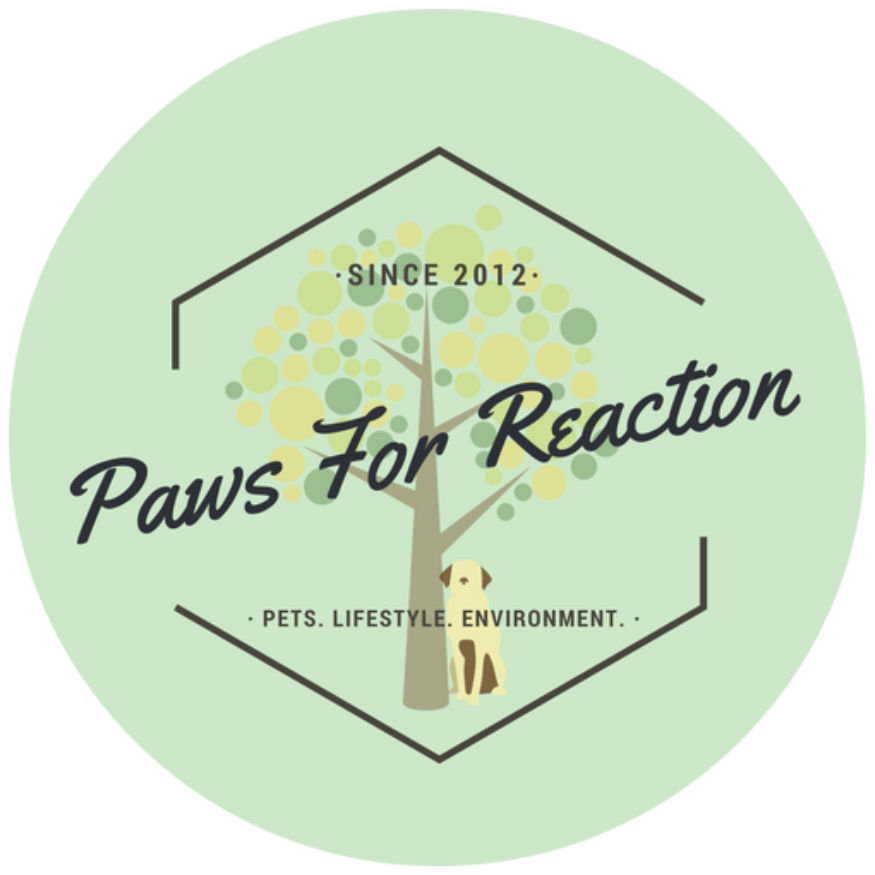World Veterinary Day: I never believed I had what it takes to work in veterinary medicine
When I was studying print journalism and photography my life consisted of photographing and interviewing indie bands, hanging backstage at Bluesfest, and designing TV guides. If you told me then that I would go from interviewing Ron Jeremy, photographing the Never Ending White Lights, and drinking beers with Slightly Stoopid and Matty Mays, to working in media for the veterinary industry, I would have barked at you. I've loved animals my whole life, but working in a compassion-based industry was something I never wanted. I don't have what it takes.
How you can help #NOMV: Veterinary community and animal lovers raise awareness after three vet med professionals die by suicide
If you follow animal or veterinary groups on social media or are friends with someone working in veterinary medicine, you may have seen profile pictures change to support #NOMV. This stands for Not One More Vet, and it's trending for the worst reason. In the past two weeks, three veterinarians (Josh Smith) and one veterinary technician died by suicide. I extend my most sincere sympathies to their family, friends, and colleagues. Sadly, it's a story we in the veterinary profession have heard before. According to the most recent data available in the United States, depending on gender, veterinarians are 1.6 to 2.4 times more likely to die by suicide than the general population and veterinary technicians are 2.3 to 5 times more likely. The veterinary profession has the highest rate of deaths by suicide of any profession.
Ask an RVT: 10 things I love the most about being a registered veterinary technician
My years of experience working in the veterinary medicine industry taught me many things. One thing I learned on my first day is that the job of a veterinary technician is difficult. Veterinary technicians assist in surgery, dentistry, treat emergencies, learn how to care for multiple species, assist the doctor, be a nurse, provide emotional support for the client, and be an advocate for the patient. They work hard without breaks- often for less pay than you'd expect. It's stressful. It's fast-paced. It's emotionally draining. It's blood, sweat, and tears. REAL tears. And it is incredibly rewarding.























